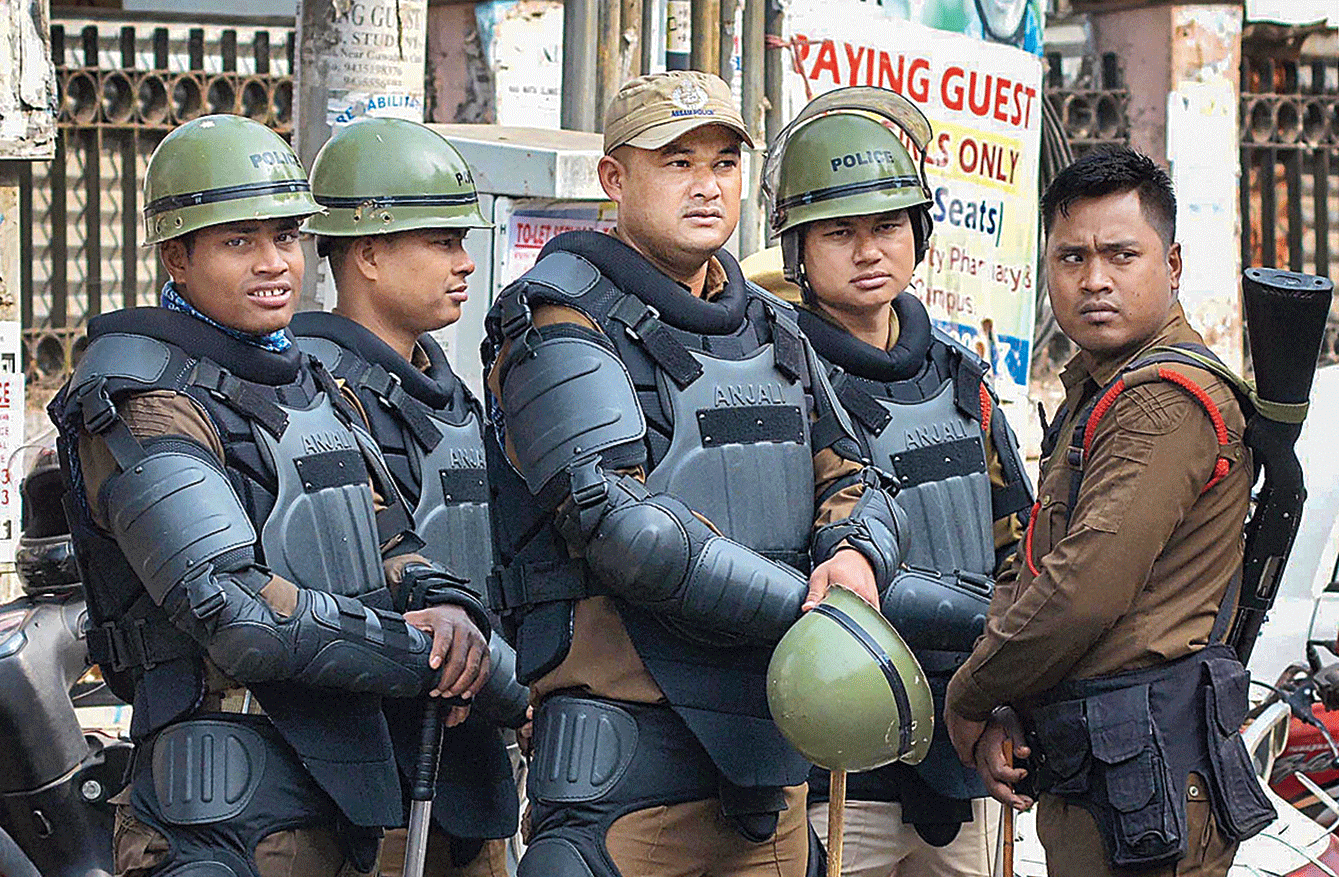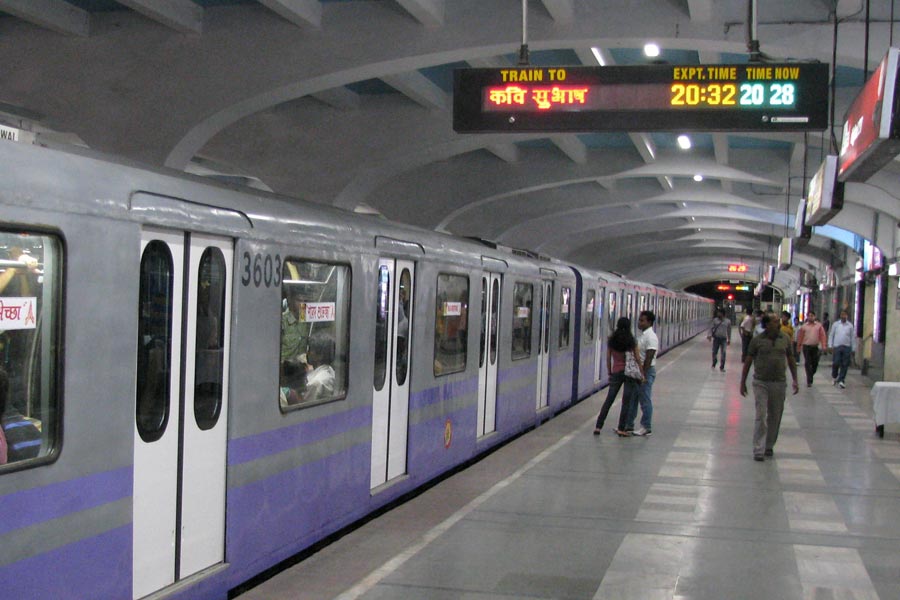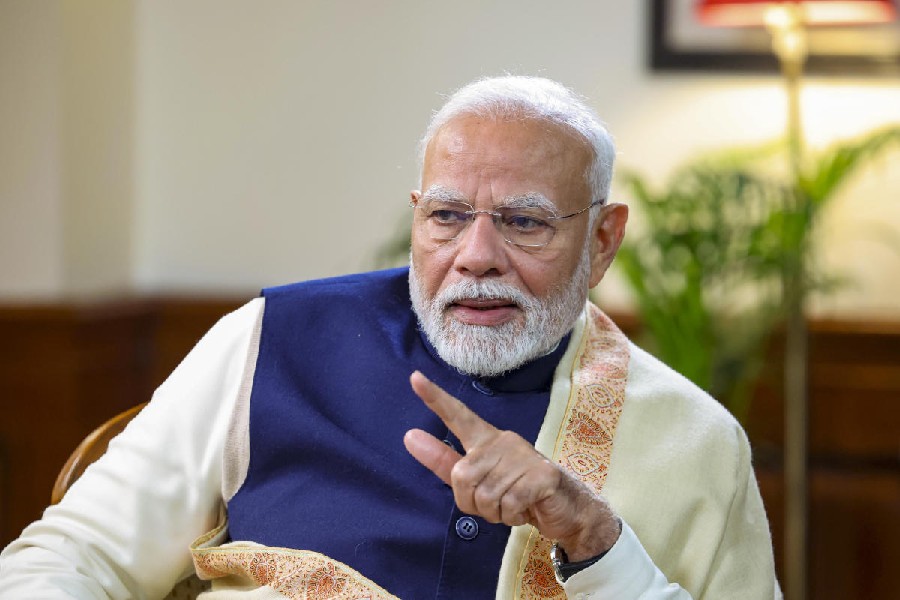The Supreme Court’s decision to hear the petitions regarding the impact of the Citizenship Amendment Act (CAA) on Assam and Tripura separately received a warm welcome from the petitioners from Assam.
The petitioners said the decision of the apex court has established to some extent their claim that the illegal migrant issue in the Northeast, especially Assam, is different from the rest of the country.
The Supreme Court on Wednesday heard 144 petitions filed by various organisations, political parties and individuals from across the country opposing the Act.
The Act promises Indian citizenship to non-Muslim communities who had entered India before 2015 following religious persecution in three neighbouring Islamic countries without valid documents.
During the hearing, the lawyers representing petitioners from Assam placed before the court how, unlike in other states, Assam has a separate accord (Assam Accord) on detection and deportation of illegal migrants and urged that Assam’s case be given a separate hearing.
“The Supreme Court’s decision has established to a certain extent the claim of the people of the Northeast, especially Assam, that their foreigner problem is different from that of the rest of the country,” said Palash Changmai, the general secretary of the Asom Jatiyatabadi Yuba Chatra Parishad (AJYCP), a leading anti-CAA organisation and petitioner of the case.
Another petitioner, All Assam Students’ Union (AASU), welcomed the Supreme Court’s decision.
AASU president Dipanka Nath said he was hopeful that the top court would give justice to the people of Assam and the other parts of the Northeast. He hoped the Supreme Court would strike down the CAA in the next hearing.
In a statement, AASU said their lawyer placed before the court how the issue of Assam is different from the rest of the country, that there is the Assam Accord dealing with the immigration issue of Assam and sought a separate hearing for the state. It said the lawyers representing the petitioners from the state did the same.
Samudragupta Dutta, the president of the Advocates’ Association for Indigenous Rights of Assamese, a petitioner, said during the course of hearing on CAA, their advocate Vikas Singh pointed out the facts related to the Assam Accord, 1985 and the devastating effect of CAA on Assam due to the huge influx of Bangladeshis.
Leader of the Opposition in Assam Assembly Debabrata Saikia welcomed the Supreme Court’s decision to hear the case of Assam and Tripura separately but expressed sorrow that the court did not issue a stay order on implementation of CAA.
Saikia criticised the Centre for not filing its reply till Wednesday and seeking four weeks’ time.
“This has revealed the government’s escapist attitude,” he said.
The apex court has asked the Centre to submit its reply on the 144 petitions within four weeks.
However, anti-CAA protest will continue in the state. AASU chief adviser Samujjal Kumar Bhattacharjya said “Continuous, non-violent and disciplined protests will continue, demanding scrapping of the CAA. A legal battle will also go on simultaneously.”











